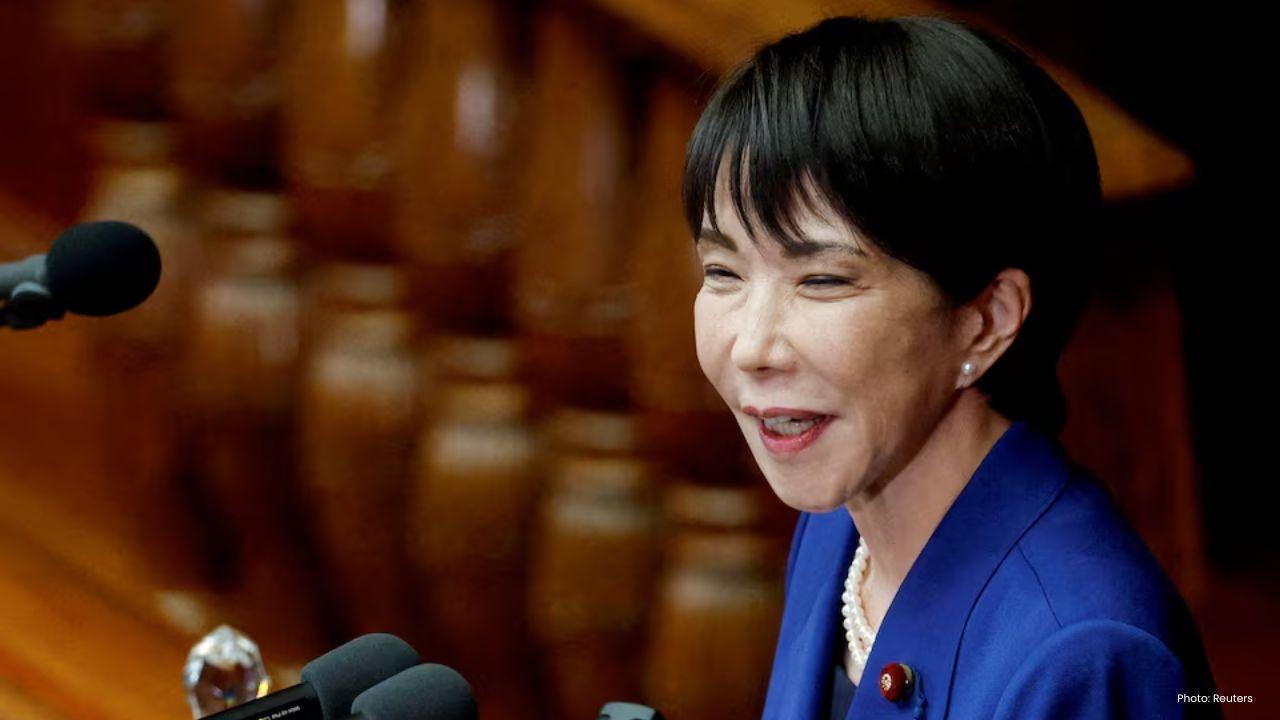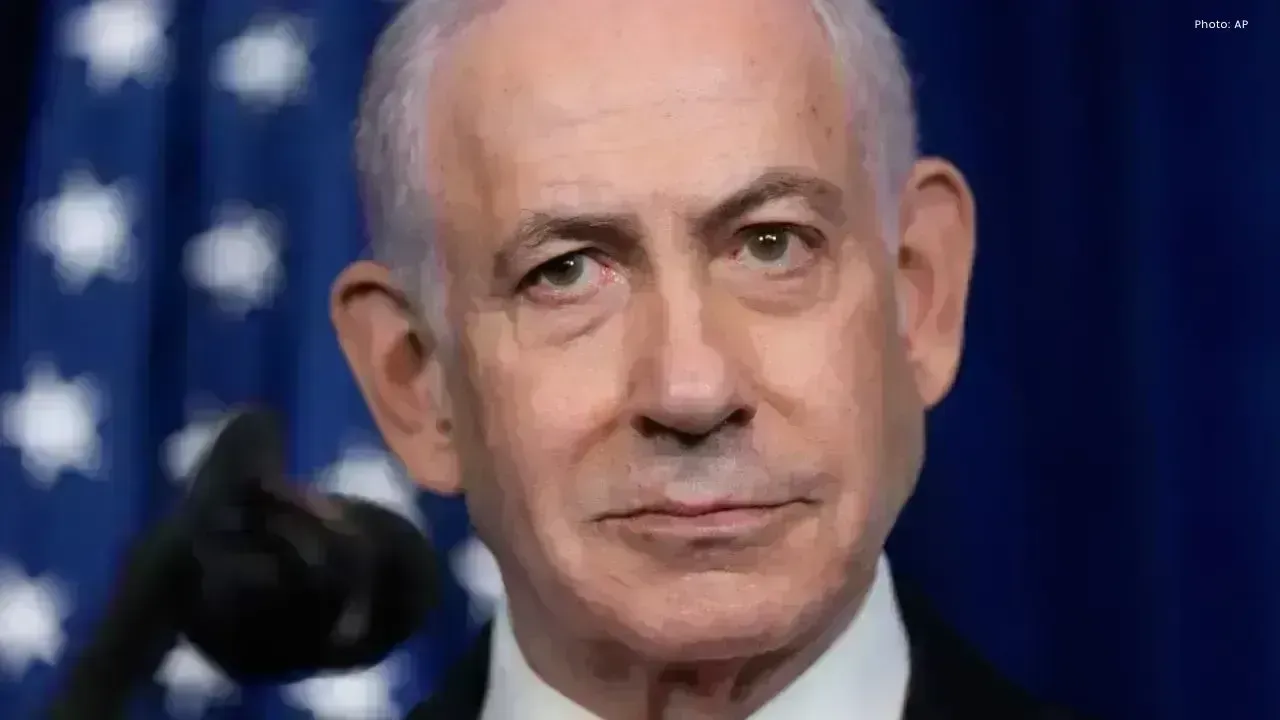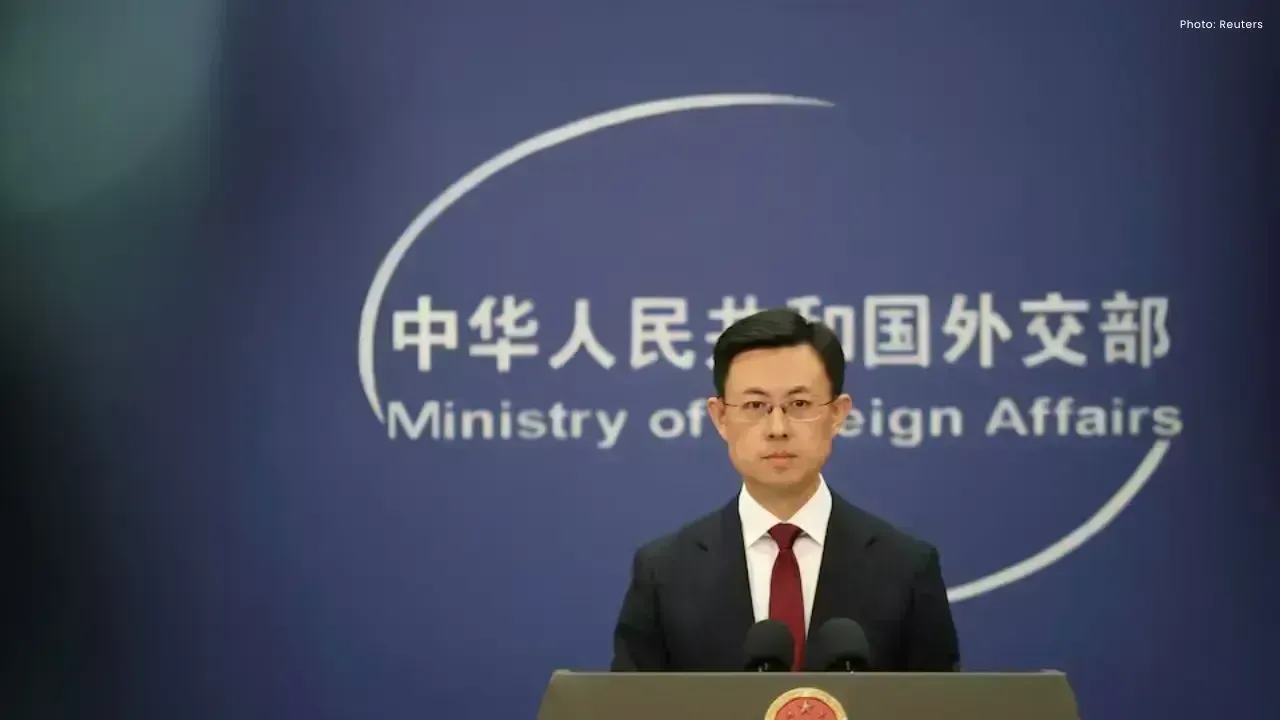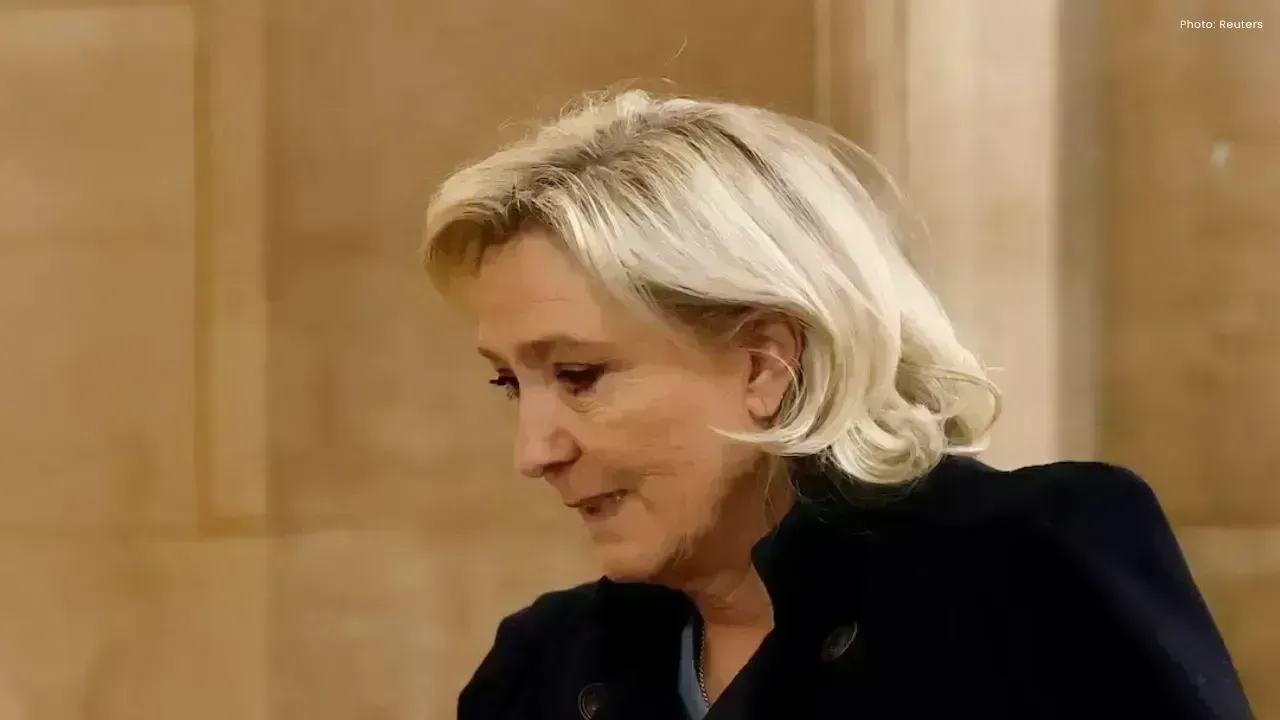You have not yet added any article to your bookmarks!

Join 10k+ people to get notified about new posts, news and tips.
Do not worry we don't spam!

Post by : Badri Ariffin
Tokyo and Beijing are locked in one of the most serious diplomatic spats in recent years, triggered by Japan’s Prime Minister Sanae Takaichi’s warning of possible military involvement if China attempts to invade Taiwan. The escalating rhetoric has sparked concerns across Asia and disrupted economic ties between two of the world’s largest trading partners.
Takaichi, in her first parliamentary address since taking office in October, stressed that an attack on Taiwan could pose an existential threat to Japan, whose southern islands lie just 110 kilometers from Taiwan’s main island. While Japan’s constitution traditionally forbids using force in international disputes, a 2015 law allows Tokyo to exercise collective self-defence in specific circumstances—a policy now being underscored by Takaichi’s administration.
China’s ruling Communist Party claims Taiwan as a breakaway province and has repeatedly vowed to achieve reunification, by force if necessary. Takaichi’s remarks, which align with the hawkish stance once taken by her mentor Shinzo Abe, have drawn immediate backlash from Beijing. Chinese authorities described her words as a “military threat” and warned Japan against supporting “Taiwan independence separatist forces.”
The dispute quickly spilled into public confrontations. Beijing issued travel warnings to its citizens visiting Japan, citing unverified security risks, while Chinese state media highlighted Takaichi’s comments as “dangerously provocative.” Meanwhile, China sent coast guard ships near the disputed Senkaku Islands and deployed drones past Japan’s westernmost Yonaguni island, signaling a show of strength.
The historical backdrop adds complexity to the current tensions. Taiwan was under Japanese rule for nearly five decades before being handed over to the Republic of China after World War II. Since then, China has claimed Taiwan as part of its territory, though it has never governed the island. Analysts note that any military conflict over Taiwan could pull in regional powers, including Japan, which hosts a significant US military presence.
Economic consequences are already evident. Chinese travel warnings have disrupted tourism and student exchanges, affecting millions of visitors and students and threatening billions in economic activity. Retail and tourism stocks in Japan experienced immediate declines following Beijing’s advisory.
While the risk of full-scale military confrontation remains low, experts caution that continued naval and aerial activity in contested areas raises the possibility of miscalculations. For now, both sides have summoned ambassadors, and Japan has dispatched a high-level envoy to Beijing in hopes of calming tensions, signaling that diplomacy will be tested in the weeks ahead.










Indian Man Dies Mysteriously at Phuket Music Festival, Cause Unknown
remove news channal name give me rewrit in this news and full detaike news.news like orignal and tre

Manchester City Signs England Defender Marc Guehi From Crystal Palace
Manchester City signs 25-year-old England defender Marc Guehi from Crystal Palace for £20m, boosting

Japan Snap Election Sparks Bond Surge Amid Finance Concerns
Japan’s PM calls early election to back reflation plan. Bond yields hit decades-high as voters weigh

Trump Threatens Huge Tariffs on French Wine Over Peace Board Snub
Donald Trump warned of 200% tariffs on French wine after France rejected his Peace Board plan and mo

Prince Harry, Elton John Sue UK Tabloids Over Privacy Breaches
Prince Harry and Elton John accuse UK tabloids of phone hacking and stealing private info, calling i

Minnesota Man Says ICE Broke In, Handcuffed Him, Dragged Him Into Snow
A U.S. citizen in Minnesota says ICE officers broke down his door, handcuffed him in shorts and Croc